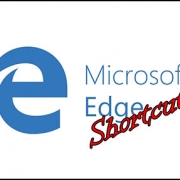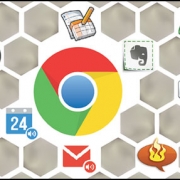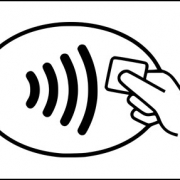How to avoid getting scammed!
Scams are ten a penny at the moment. Trouble is, they’re also getting more sophisticated and more dangerous. Sadly, all too many people still find themselves falling victim to them. This handy guide will help you avoid getting scammed. Read it and share with your friends and family. It’s always better to be safe than sorry.
Email scams
Phishing email scams are quite simply trying to fish for your personal information such as bank details. They typically mimick legitimate businesses like PayPal or Ebay to try and make you believe they are from genuine sources.
Some of these emails are easy to spot thanks to poor English sentence structures and / or spelling mistakes. It really pays to be vigilant as many scam emails look real at first sight due to the seemingly genuine logo or branding. Always be wary and double check everything over in the first instance.
Signs of scam emails typically include:
- Unrecognisable sender
- Lack of personalisation
- A request for personal or financial information
- Threatening language and frightening consequenses
- Strange links or attachments
If emails of these nature find their way into your inbox. Don’t interact with them just delete immediately. You’re better off safe than sorry.
Malware scams
You may stumble across popups and adverts offering you total system security or free virus scans. This could be malware, and clicking on the advert will most likely ask you to part with your hard earned cash in return for bug fixes. This will only infect your PC!
Phone scams
Calls and texts from unknown numbers should always ring alarm bells. Yes some are genuine but read on to find out how things do sometimes go wrong so you can avoid being the next victim. Chances are, if it sounds too good to be true, then it probably is!
If you aren’t sure that a call is genuine, then you’re best off asking for the person’s name, hanging up the phone and calling the company back on their official company telephone number. Many techy companies such as antivirus software providers etc will never ever call you first, so remain alert at all times.
Do not ever give your sensitive data to unknown callers. Your bank details etc should be kept private and to yourself at all times. If you are unsure as to why a company would want your personal details over the phone then ask for them to send you written information or alternative means of payment. If they can’t do that, then it’s probably a scam (even those charities that say your money is going to save all little puppies).
Also, avoid interacting with pre recorded calls and messages. Just hang up. As soon as you start pressing numbers and buttons, you open yourself up to a bunch more scams. Just hang up!
Remember to remain suspicious of unknown callers and emailers at all times. It’s just not worth it. If something is truly legitimate, they will contact you via other means. If you’re really unsure, do the legwork and contact them yourself.










